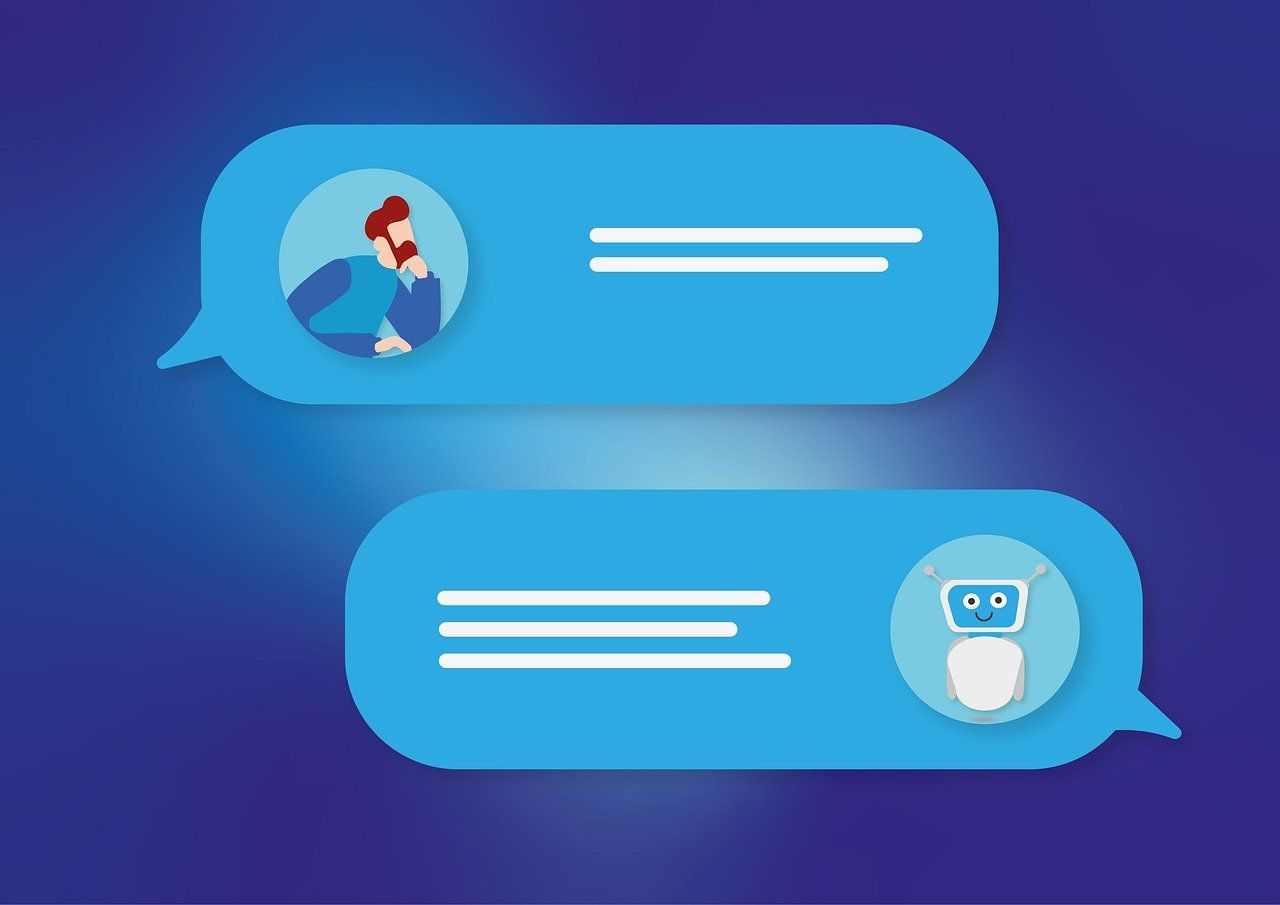
Contextual Understanding and Memory in Chatbots: The Next Frontier in AI Conversation
 In the rapidly evolving world of artificial intelligence, chatbots have become ever-present in customer service, personal assistance, and entertainment. However, as users demand more sophisticated interactions, the focus has shifted to developing chatbots with enhanced contextual understanding and memory capabilities.
In the rapidly evolving world of artificial intelligence, chatbots have become ever-present in customer service, personal assistance, and entertainment. However, as users demand more sophisticated interactions, the focus has shifted to developing chatbots with enhanced contextual understanding and memory capabilities.
These advancements are set to revolutionize how we interact with AI, making conversations more natural, coherent, and genuinely helpful.
Understanding Contextual Intelligence
Contextual understanding in chatbots refers to the ability to grasp the nuances of a conversation beyond just the literal meaning of words. It involves interpreting tone, recognizing implicit information, and understanding the broader context in which a conversation is taking place. This capability allows chatbots to provide more relevant and appropriate responses, mimicking human-like comprehension.
For instance, if a user asks, "How's the weather looking?" a contextually aware chatbot would consider the user's location, the time of day, and possibly even the user's typical activities before responding. It might say, "It's going to be sunny and 75°F in New York today – perfect for your usual afternoon run!"
The Role of Memory in Chatbots
Memory in chatbots is about retaining and recalling information from past interactions to inform current and future conversations. This feature allows chatbots to build a relationship with users over time, remember preferences, and provide personalized experiences.
There are typically two types of memory in advanced chatbots:
- Short-term memory: This allows the chatbot to maintain coherence within a single conversation, referring back to previously mentioned topics or information.
- Long-term memory: This enables the chatbot to remember user preferences, past interactions, and learned information across multiple conversations over time.
Implementing these memory capabilities can transform a chatbot from a simple query-response system into an intelligent assistant that grows and adapts with each interaction.
The Challenges of Implementation
Developing chatbots with robust contextual understanding and memory is not without its challenges. Some key hurdles include:
- Data Privacy: Storing user information raises important questions about data security and privacy.
- Scalability: Managing and processing large amounts of contextual and historical data for millions of users can be computationally intensive.
- Relevance: Determining which information is relevant to remember and recall in future conversations is a complex task.
- Natural Language Understanding: Interpreting the subtleties of human language, including sarcasm, idioms, and cultural references, remains a significant challenge.
Advancements and Future Prospects
Despite these challenges, significant progress is being made. Natural Language Processing (NLP) models are becoming increasingly sophisticated, allowing for better interpretation of context and intent. Machine learning algorithms are improving in their ability to identify and remember relevant information. Some exciting developments include:
- Emotional Intelligence: Chatbots are being developed to recognize and respond to emotional cues in text, enhancing their ability to provide empathetic responses.
- Personalization at Scale: Advanced AI models are becoming better at managing and utilizing vast amounts of personal data to provide tailored experiences for each user.
- Cross-Platform Memory: Some systems are working towards creating chatbots that can maintain context and memory across different platforms and devices.
- Proactive Assistance: With improved contextual understanding and memory, chatbots of the future may be able to anticipate user needs and offer assistance before being prompted.
The Impact on User Experience
As chatbots become more contextually aware and develop better memory capabilities, the user experience will dramatically improve. Conversations will feel more natural and less repetitive. Users won't need to constantly restate their preferences or repeat information, leading to more efficient and satisfying interactions.
For businesses, this means better customer service, more personalized marketing, and potentially deeper customer relationships. In educational settings, chatbots could provide more effective tutoring by remembering a student's strengths and weaknesses. In healthcare, they could offer more accurate symptom checking by recalling a patient's medical history.
Ethical Considerations
As we advance in this field, it's crucial to address the ethical implications. The ability of chatbots to remember and understand context raises questions about privacy, consent, and the potential for misuse of personal information. Developers and companies must implement strong safeguards and transparent policies regarding data use and storage.
In Summary
Contextual understanding and memory in chatbots represent the next significant leap in AI conversation technology. As these capabilities continue to evolve, we can expect more natural, helpful, and personalized interactions with AI assistants. While challenges remain, the potential benefits in various sectors – from customer service to healthcare and education – are immense.
Related Articles


